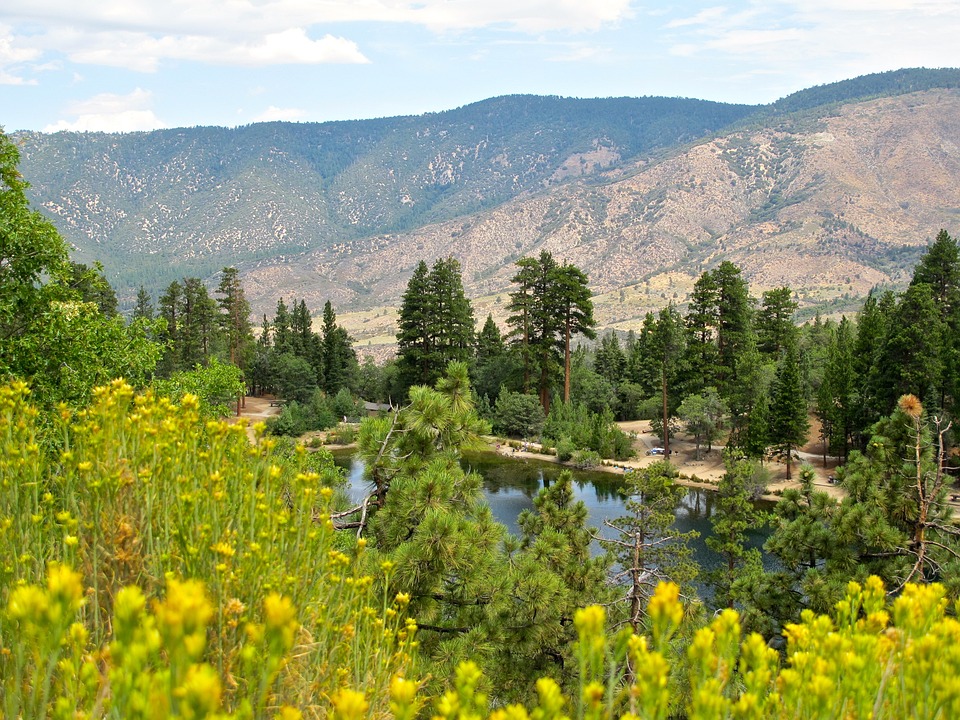Table of Contents
Introduction
When it comes to camping, choosing the right tent is crucial for a comfortable and enjoyable outdoor experience. With so many options available in the market, it can be overwhelming to find the perfect one that meets all your needs. This ultimate guide aims to help you make an informed decision by providing valuable insights and tips to consider when choosing a camping tent.
The Size of the Tent
One of the most important factors to consider is the size of the tent. It should provide enough space for you, your fellow campers, and your gear. Look for tents with sufficient headroom so that you can comfortably sit up and move around inside. Consider the number of people who will be using the tent and opt for a model that accommodates them comfortably. Remember to also account for any additional equipment or belongings you might bring along.
Seasonal Versatility
Camping tents are designed with different seasons in mind. The three main categories are 3-season tents, 3-4 season tents, and 4-season tents. 3-season tents are suitable for spring, summer, and fall camping in mild to moderate conditions. 3-4 season tents are a bit sturdier and can handle some winter conditions, making them suitable for all but the most extreme climates. 4-season tents are designed for harsh winter conditions and are equipped with robust materials and features to withstand heavy snow, strong winds, and low temperatures.
Tent Material and Construction
The material and construction of a tent play a significant role in its durability, weight, and resistance to weather. Common tent materials include nylon, polyester, and canvas. Nylon is lightweight and quick-drying but may not be as durable as polyester or canvas. Polyester is generally stronger and more durable, making it suitable for frequent campers. Canvas tents excel in durability and breathability but are heavier and bulkier. Pay attention to the tent’s poles and overall construction quality as well, as they affect stability and ease of setup.
Weather Resistance
When camping, you want a tent that can handle various weather conditions. Look for features like a rainfly, which provides an additional waterproof layer, preventing rainwater from entering the tent. Seam taping is another important aspect to consider, as it ensures that seams are sealed and prevent water from seeping through. A bathtub-style floor design is also desirable, as it prevents water from pooling inside the tent during heavy rains. Ventilation is crucial to prevent condensation buildup, so make sure the tent has sufficient vents.
Setup and Portability
Setting up and taking down a tent should be hassle-free, especially after a long day of hiking or other activities. Look for tents with intuitive designs, color-coded poles, and clear instructions. Freestanding tents are easier to set up as they don’t require stakes for support. Additionally, consider the tent’s weight and packed size if you plan to carry it on backpacking trips. Lightweight tents made of high-quality materials can significantly reduce the load on your back.
Price Range
Camping tents come in a wide range of prices, and it’s essential to identify your budget beforehand. While it’s tempting to opt for the cheapest option, keep in mind that quality and durability often come at a higher cost. Investing in a well-built tent that meets your needs is a wise choice as it will provide many years of reliable use. Research different brands and models, read reviews, and compare prices to find the best value for your money.
FAQs Section
Q: What is the best tent size for a family of four?
A: A tent typically sized for a family of four is a 4-person tent, providing enough space for four individuals and some gear. However, if you desire more room or plan to camp for an extended period, consider opting for a larger tent.
Q: Can I use a 3-season tent for winter camping?
A: While 3-season tents can withstand mild winter conditions, they may not provide the necessary insulation and durability for harsh winter camping. It is recommended to choose a 4-season tent designed specifically for winter camping in extreme conditions.
Q: Are expensive tents worth the investment?
A: Expensive tents often offer superior quality, durability, and additional features that enhance your camping experience. If you frequently go camping or prioritize comfort and longevity, investing in a higher-quality tent is worthwhile.
Q: How can I extend the lifespan of my tent?
A: Proper care and maintenance can significantly extend the life of your tent. Always dry the tent before storing it to prevent mold and mildew growth. Avoid setting up your tent on rough surfaces and use a footprint or groundsheet for added protection. Regularly inspect and repair any damages to keep your tent in good condition.
Q: Can I clean my tent in a washing machine?
A: It is generally not recommended to clean your tent in a washing machine. Instead, use a mild detergent, a soft brush, and lukewarm water to clean the tent by hand. Follow the manufacturer’s instructions for specific cleaning guidelines.





